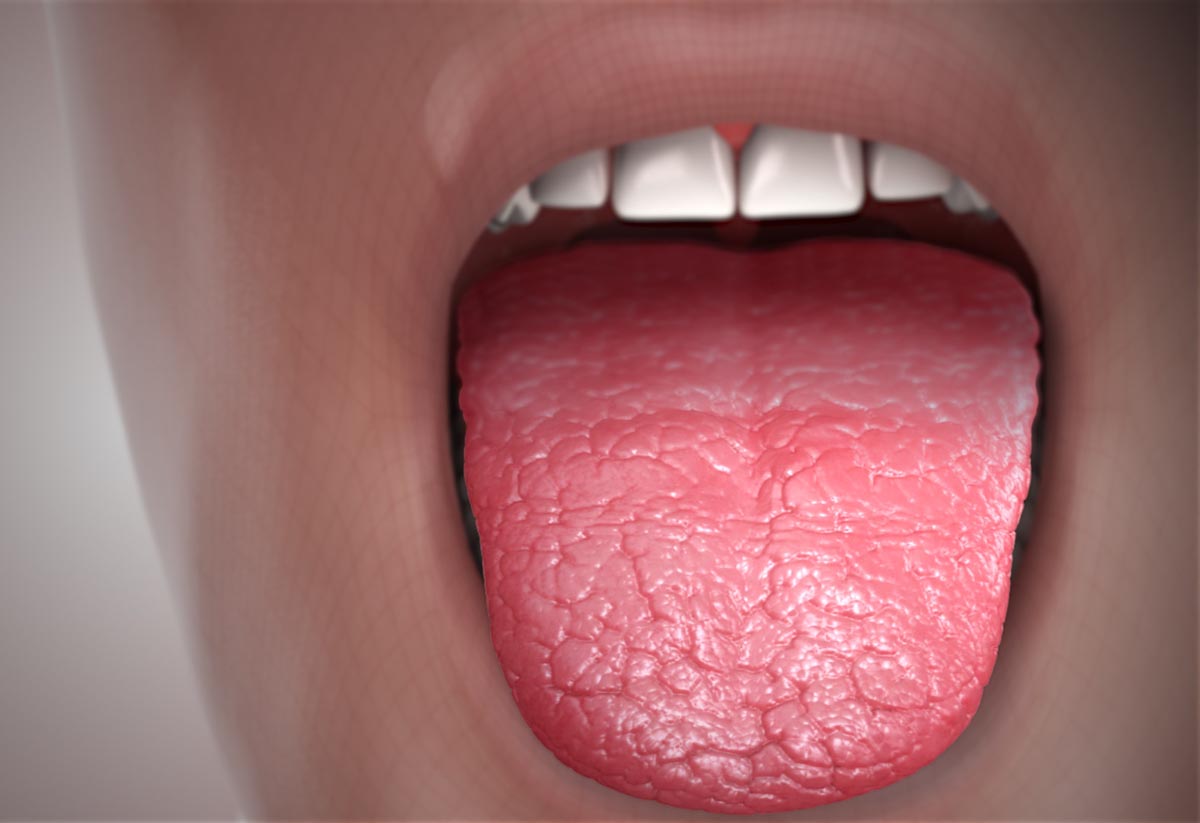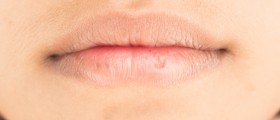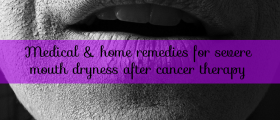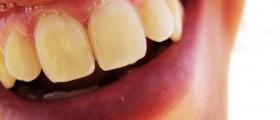
Introduction
Saliva has an important role for oral and digestive health. It moistens and cleans the mouth, starts the digestion of food and controls bacteria and fungus in the mouth. When saliva is not produced in adequate amounts, the mouth gets dry and uncomfortable, even painful.
Causes of dry mouth
Dry mouth or Xerostomia can be caused by several different factors. For example, certain medications may have dry mouth as a side effect. Most commonly those medications are drugs for anxiety and depression, painkillers, drugs for allergies and colds, acne medication, medication for hypertension, epilepsy, diarrhea, nausea, Parkinson’s disease, and asthma.
Certain medical conditions and diseases may cause dry mouth as a symptom or a side effect, like Sjorgen’s syndrome, HIV/AIDS, Alzheimer’s, diabetes, cystic fibrosis, hypertension, stroke, mumps and several others.
Some medical treatments, like radiation to the head and neck area as well as chemotherapy may decrease saliva production.
Damage to the salivary glands or their removal naturally affects the saliva flow and may cause dry mouth.
Dry mouth can also result from an injury or trauma to the head and neck region if a nerve is damaged.
Dehydration leads to dry mouth, and it may happen as a result of fever, diarrhea, vomiting, blood loss and severe burns.
The use of tobacco, like smoking or chewing, can affect salivary glands and decrease saliva production.
Symptoms
Dry mouth causes a sticky, dry feeling, constant thirst, it may cause sores in the mouth, split skin or cracked lips, red and dry tongue that tingles or burns, hoarse voice, dry nasal passages, sore throat, difficulty speaking and swallowing.
Treatment
Treatment for dry mouth depends exclusively on what is causing it. If it is an underlying medical condition or disease, it needs to be investigated and treated accordingly. Once the disease is properly treated, dry mouth will go away. The same goes for dry mouth as a side effect of certain medications. Once their use is stopped, the mouth will return to its normal state.
However, if the medical condition or the use of medications is permanent and cannot be stopped, the treatment will focus on increasing the saliva flow. There are toothpastes, mouthwashes and gels that are designed for this purpose but they need to be recommended by a doctor or a dentist.
When saliva flow is reduced there is a risk of tooth decay and similar oral problems so it is important to take good care of oral hygiene during problems with dry mouth. This means brushing at least two times a day, flossing regularly, using fluoride products and having regular check-ups at dentist’s office.












_f_280x120.jpg)




Your thoughts on this
Loading...